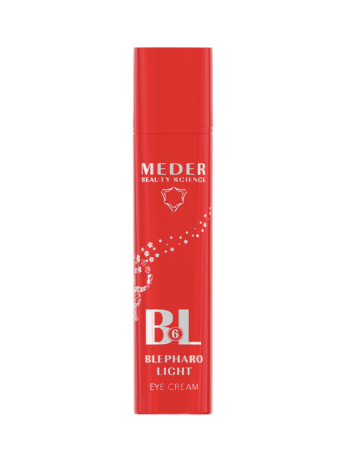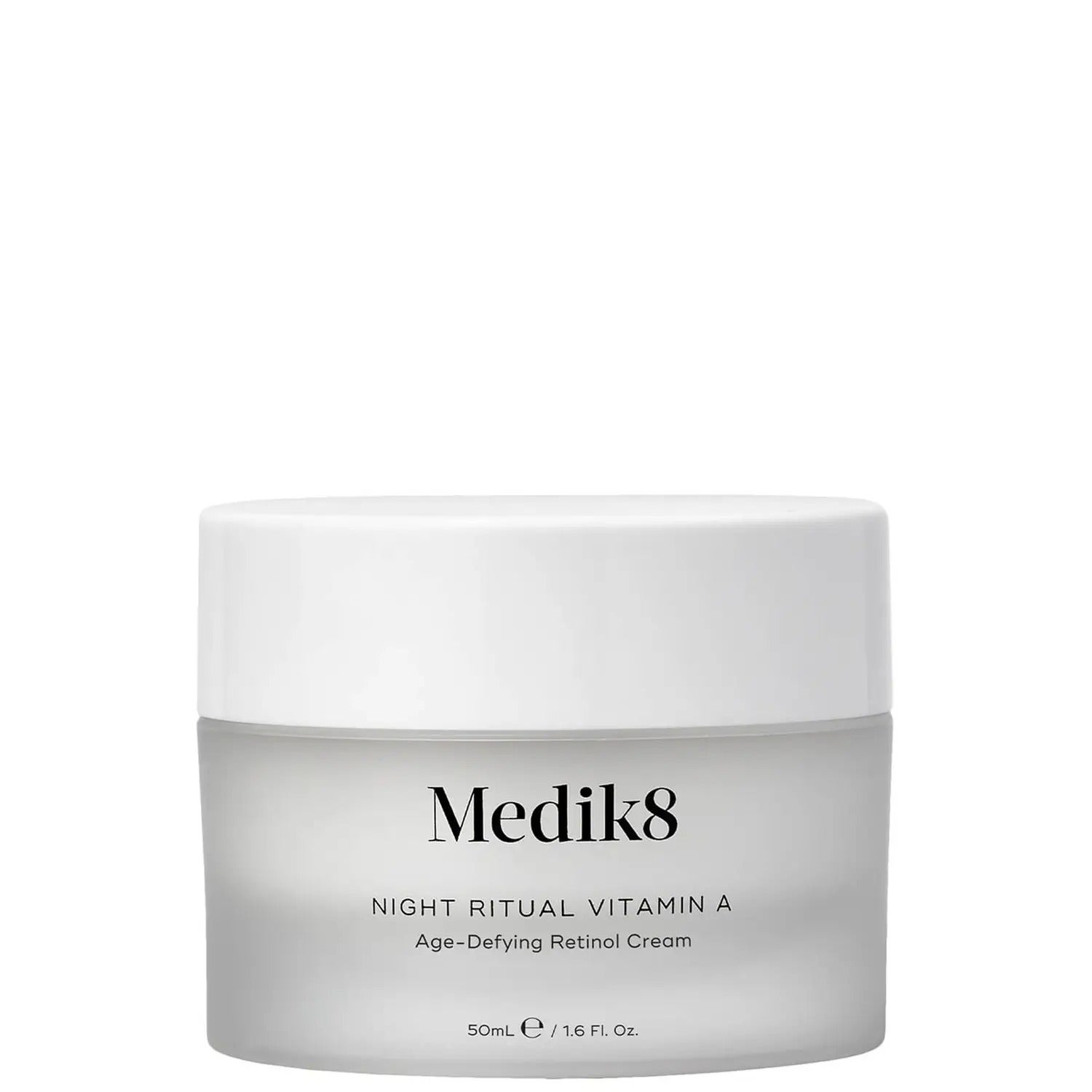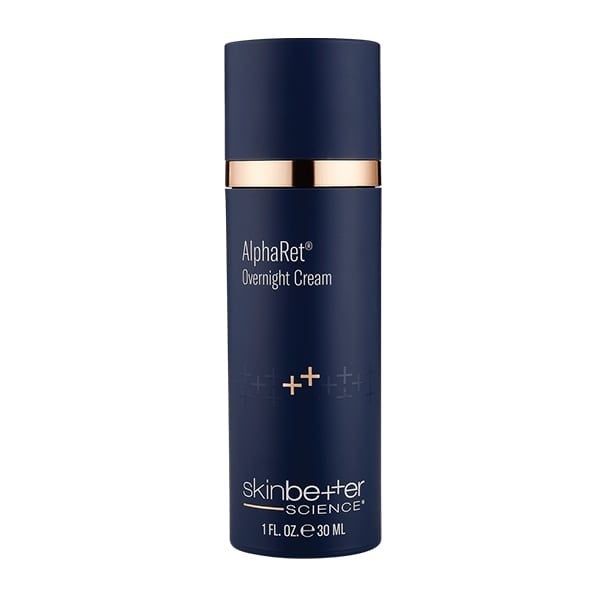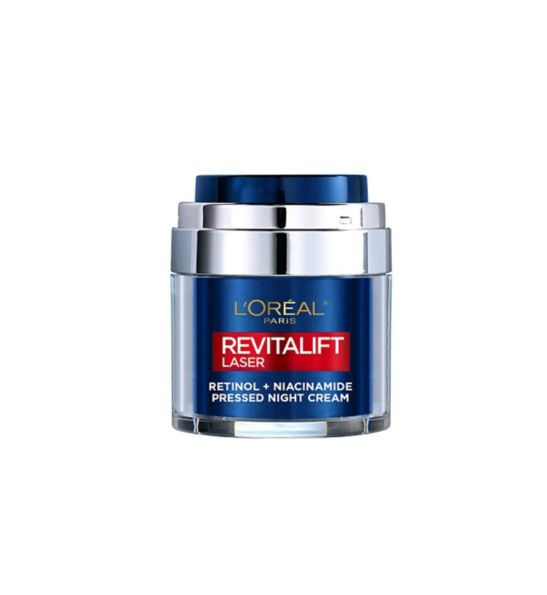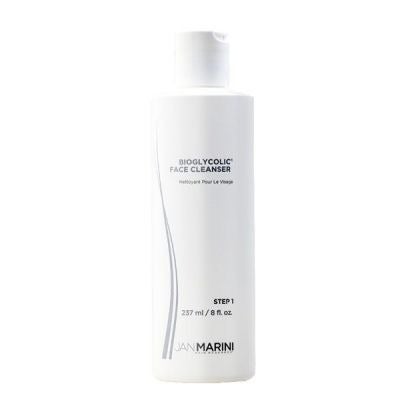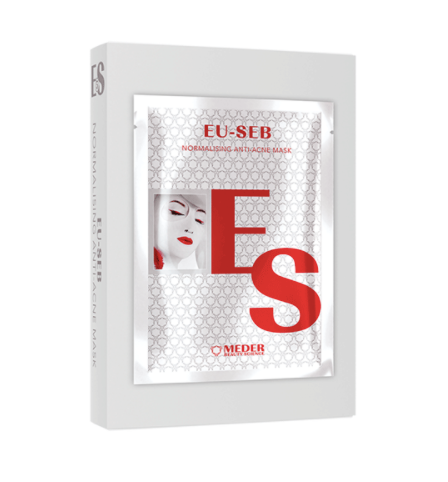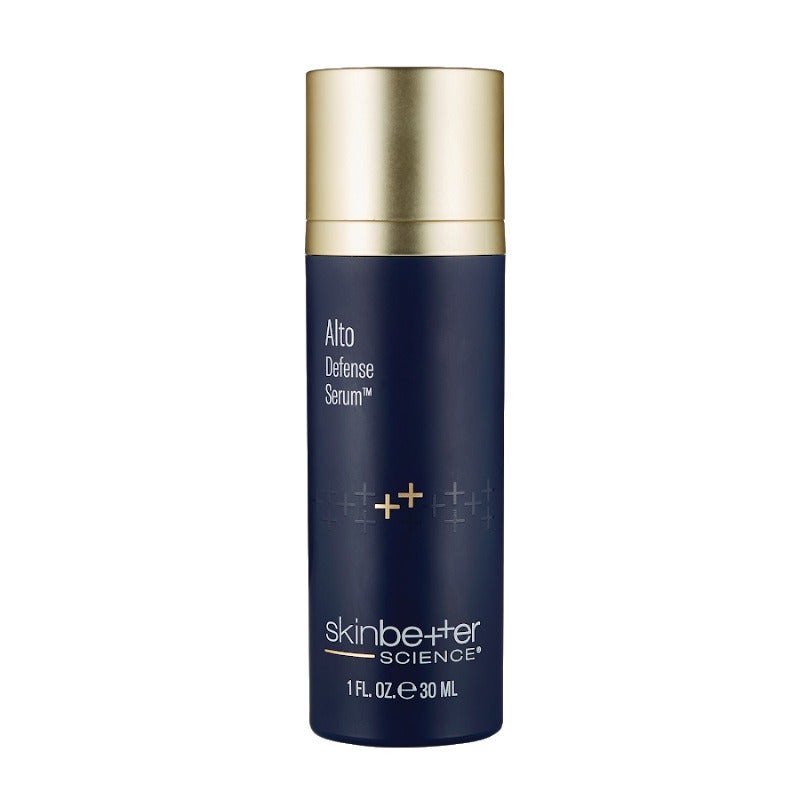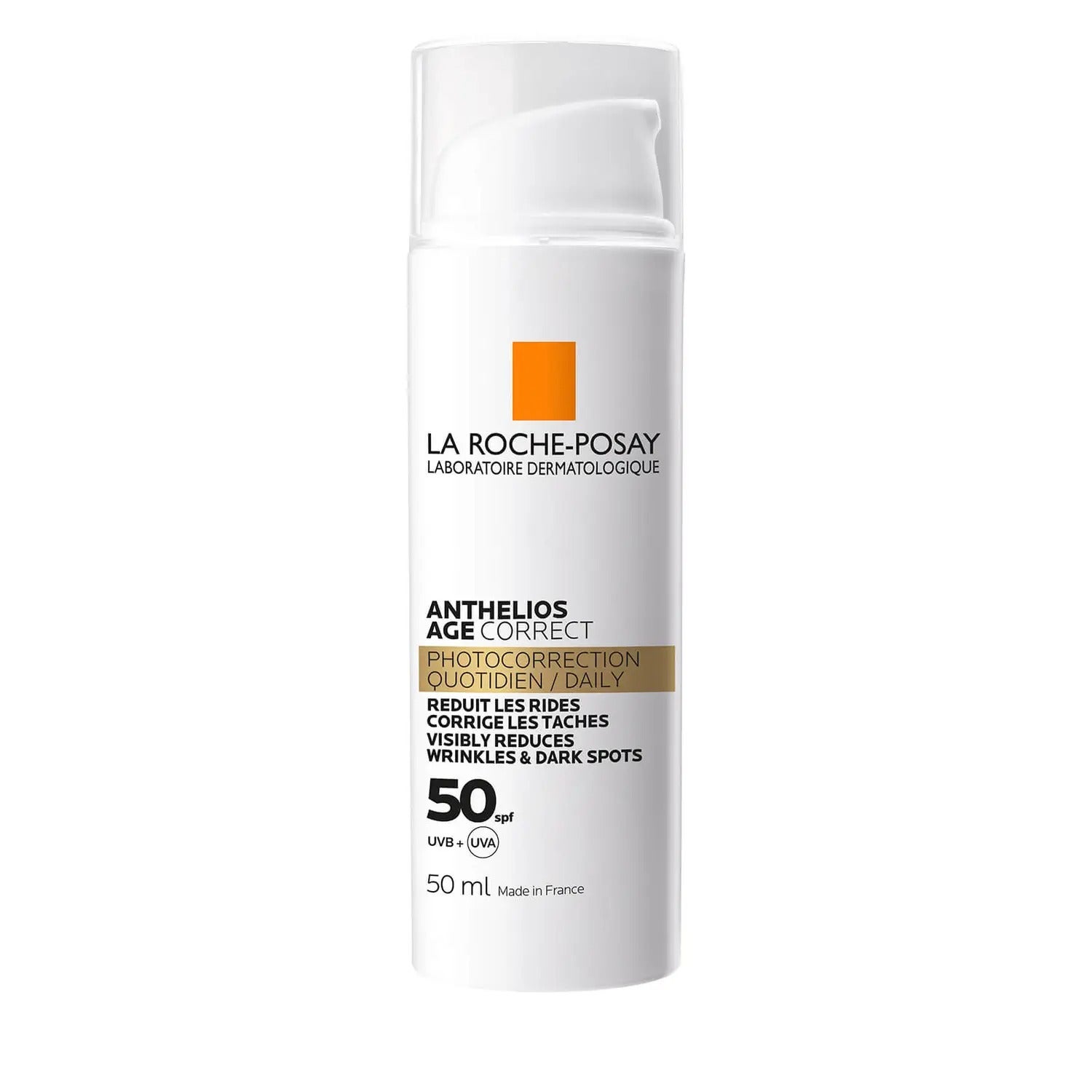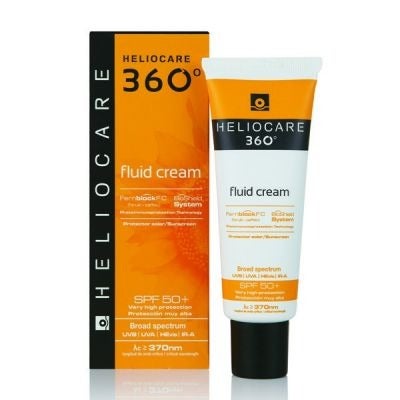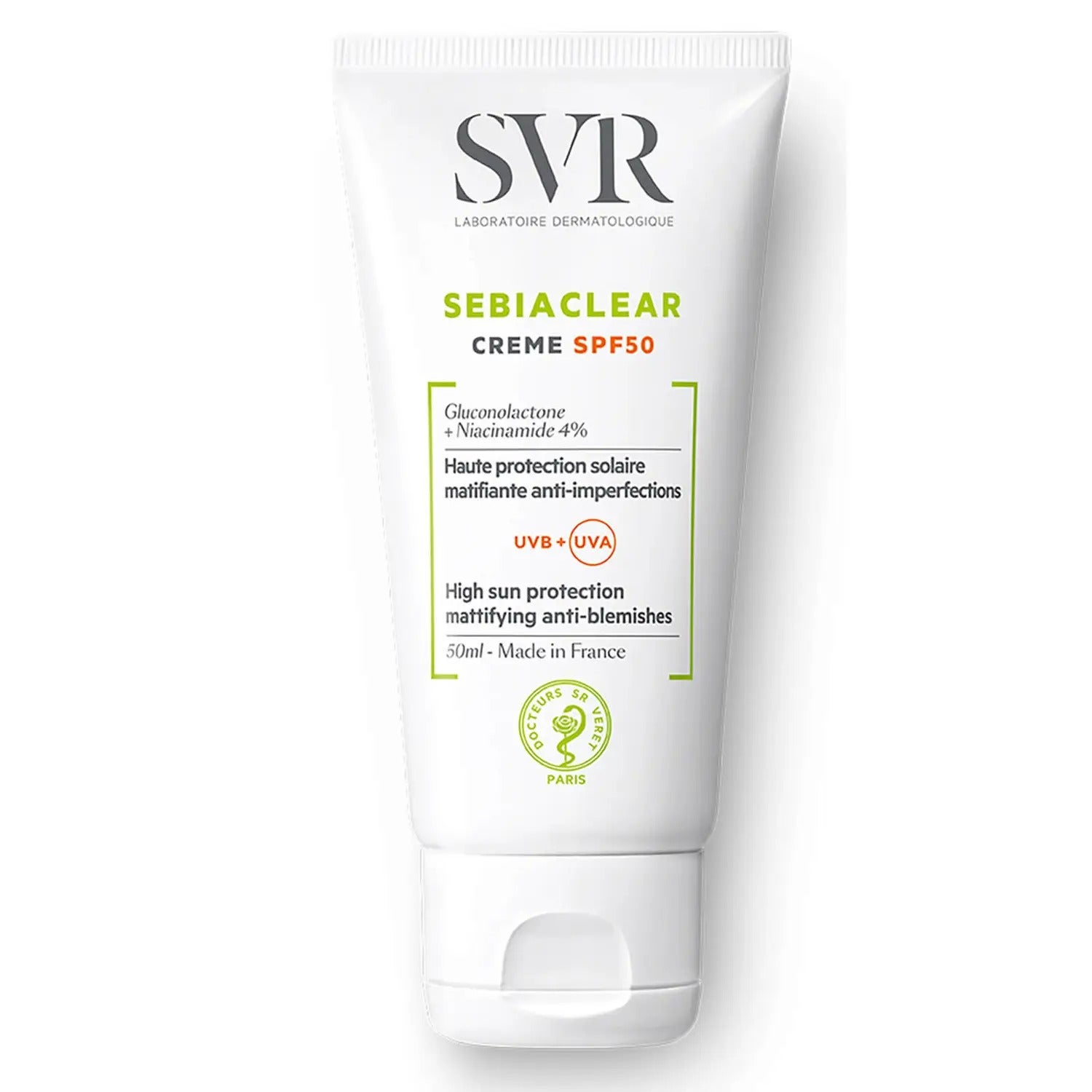A Derm Compared My Mum’s Skin Routine To Mine & We Learned A Lot
If I were to age in a similar way to my mum, I'd be more than happy. Her skin is healthy and it glows. For me, they are the two most important things.
One product I've never believed in is eye cream. If your serum and moisturiser is tested for use around the eyes, they can be effective here.
My mum used to get breakouts, too, but the cream she tried was harsh and this put her off using anything similar in future. It never occurred to her that a GP could help.
Mum used sunbeds for a short period of time when she was younger, when the emphasis on sun protection was pretty much nonexistent. Now, we know a lot more about UVA and UVB damage.







